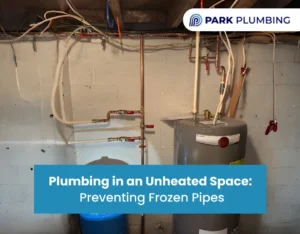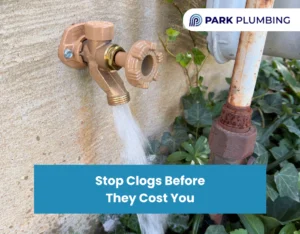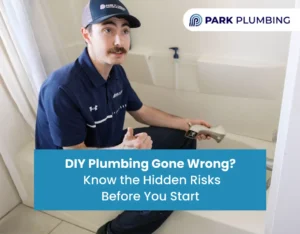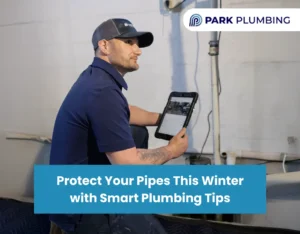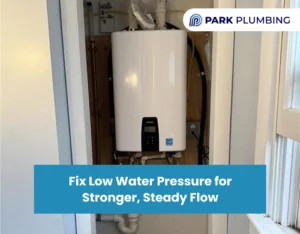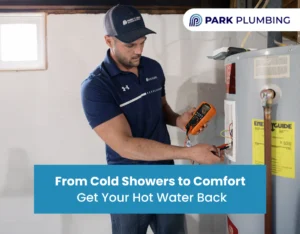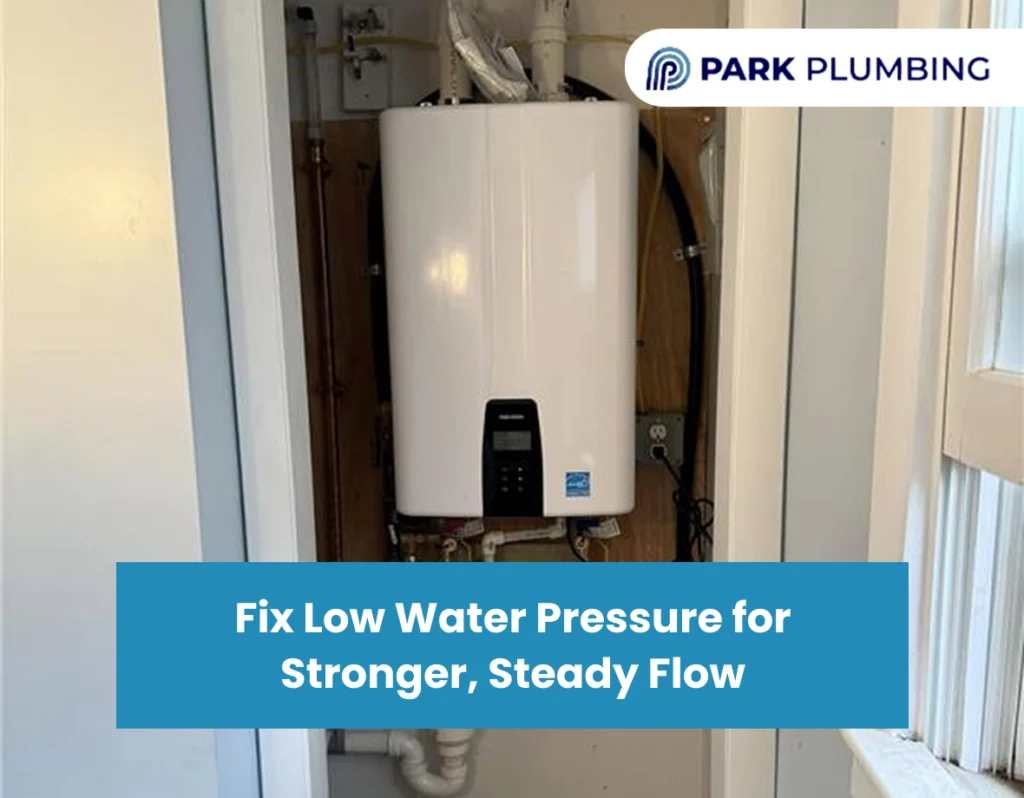
There’s nothing more frustrating than stepping into the shower and feeling what can only be described as a weak drizzle instead of a satisfying stream of water. Low water pressure is one of those household annoyances that can quickly turn daily routines into minor battles. But the good news? With a little know-how, you can often identify the cause and even take steps to fix it before it becomes a major plumbing headache.
In this guide, we’ll break down common causes of low water pressure, simple fixes you can try, and when it’s time to call in the experts for plumbing repair services.
What Exactly Is Low Water Pressure?
Low water pressure refers to the flow of water coming out of your faucets, showers, or appliances being weaker than usual. Typically measured in pounds per square inch (PSI), a healthy home water pressure ranges from 40 to 60 PSI. If your water feels more like a trickle than a stream, it’s likely below this range.
Low water pressure isn’t just inconvenient; it can impact your ability to shower, wash dishes, or do laundry efficiently. In some cases, it can even signal underlying plumbing issues that require attention.
Common Causes of Low Water Pressure
Several factors can cause low water pressure in your home. Understanding these can help you pinpoint the problem before it gets worse.
1. Clogged Pipes or Fixtures
Mineral buildup over time can clog pipes and faucets, restricting water flow. This is especially common in homes with hard water. Kitchen sinks, bathroom faucets, and showerheads can all accumulate deposits that gradually reduce pressure.
2. Faulty Pressure Regulator
Some homes have a pressure regulator that controls the water flow coming from the main line. If this device fails, it can lead to inconsistent or low water pressure throughout your home.
3. Leaks in the Plumbing System
A hidden leak is a common culprit behind low water pressure. Leaks can occur in pipes located inside walls, under floors, or even in outdoor plumbing systems. If you notice damp spots, mold, or unusually high water bills, a leak may be the cause of your pressure issues.
4. Municipal Water Supply Issues
Sometimes, the issue isn’t in your home at all. Water mains in your area may be undergoing maintenance or experiencing a temporary pressure drop. Checking with your local water utility can help determine if this is the case.
How to Check Your Home’s Water Pressure
Before calling for professional plumbing repair services, it’s useful to check your water pressure yourself. Here’s a simple method:
- Purchase a water pressure gauge from a hardware store.
- Attach the gauge to an outdoor spigot or a faucet.
- Turn on the water fully and read the PSI.
If the reading is consistently below 40 PSI, it’s time to investigate further.
Quick Fixes You Can Try
Some low water pressure issues can be resolved without the need for a professional plumber. Here are a few solutions to consider:
Clean or Replace Aerators and Showerheads
Remove faucet aerators and showerheads and soak them in vinegar to dissolve mineral deposits. If they’re too clogged or damaged, replacing them is often the simplest solution.
Check for Leaks
Inspect visible pipes for signs of leakage. Even a small drip can affect overall water pressure. Tightening connections or replacing worn-out washers can sometimes solve the problem.
Adjust the Pressure Regulator
If your home has a pressure regulator, it may be adjustable. Refer to the manufacturer’s instructions to adjust the pressure to a safe and optimal level.
Flush the Water Heater
Sediment buildup in your water heater can reduce water pressure, particularly in the hot water lines. Regularly flushing your tank as part of maintenance can improve flow and extend the life of your unit. If you’re considering a water heater installation, this is also a great time to discuss efficiency options with a professional.
When to Call a Professional
While some fixes are straightforward, many low water pressure issues require professional attention. You should consider searching for an ‘emergency plumber near me’ if:
- Water pressure is extremely low or drops suddenly.
- You suspect hidden leaks.
- Multiple faucets are affected, especially with both hot and cold water.
- You notice strange noises in your pipes or water discoloration.
A licensed plumber can diagnose the root cause efficiently, whether it’s a hidden leak, a faulty pressure regulator, or corroded pipes. Professional plumbing repair services can restore optimal water pressure safely and effectively.
The Role of Hard Water
Hard water can have a significant impact on water pressure over time. Minerals like calcium and magnesium accumulate in pipes, appliances, and fixtures, creating blockages that reduce flow. Regular maintenance and descaling can help prevent these issues.
For more in-depth insights on this topic, check out our blog post, Understanding the Impact of Hard Water on Your Plumbing System. It explains how hard water affects your plumbing and what steps you can take to protect your home.
Tips for Preventing Low Water Pressure
Prevention is always better than repair. Here are some tips to maintain healthy water pressure:
- Schedule regular plumbing inspections.
- Flush your water heater at least once a year.
- Install water softeners if you have hard water.
- Replace old, corroded pipes.
- Avoid using multiple high-demand appliances simultaneously if your system can’t handle it.
By taking these steps, you can enjoy consistent water pressure and avoid emergency plumbing headaches.
Conclusion

Low water pressure can turn everyday routines into frustrating chores, but identifying the cause early and taking action can make a huge difference. From simple fixes like cleaning aerators to professional plumbing repair services, there’s a solution for nearly every situation.
At Park Plumbing, we specialize in handling emergency plumbing issues, including fixing low water pressure in your home. Whether you need a water heater installation, leak repair, or just expert advice on maintaining your system, our team is ready to help. Contact us today to learn more about how we can restore strong, reliable water pressure to your home.
FAQs
What causes low water pressure in my home?
Low water pressure is usually caused by clogged pipes or fixtures, faulty pressure regulators, hidden leaks, or issues with the municipal water supply. Identifying the root cause is key to restoring normal flow.
How can I check if my water pressure is too low?
Use a water pressure gauge on an outdoor spigot or faucet. Healthy home water pressure ranges between 40–60 PSI. Consistently lower readings indicate a problem that may need attention.
Can I fix low water pressure myself?
Some issues, like cleaning clogged aerators, adjusting pressure regulators, or flushing a water heater, can be DIY fixes. Persistent problems, leaks, or issues affecting multiple fixtures usually require professional plumbing repair services.
How does hard water affect water pressure?
Hard water leaves mineral deposits in pipes and fixtures, gradually restricting flow and lowering pressure. Regular maintenance, descaling, and water softeners can help prevent this. For more, read our post Understanding the Impact of Hard Water on Your Plumbing System.
When should I call an emergency plumber?
Search for an emergency plumber near me if water pressure drops suddenly, multiple fixtures are affected, there are leaks, or you notice unusual noises or discolored water. Prompt action prevents further damage and restores reliable water flow.
